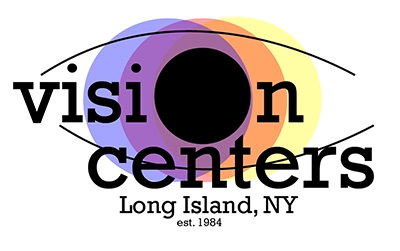
Many people have heard the word “astigmatism” but aren’t sure what it means. In a perfect world, everyone’s eyeball is precisely round. Light enters it and bends the light equally to provide a clear view. But if a cornea has an oval shape, the entering light becomes curved more in one direction than another, which results in only part of an object being in focus. Objects in the distance appear fuzzy and curvy.
The well-being of your eyes affects how you live and enjoy your life. The office of Vision Center understands this and is here for you. We listen to your needs and work with you to help your eyes stay healthy. We also offer a superb selection of contact lenses and stylish eyeglass frames that will suit your every need.
Astigmatism frequently accompanies farsightedness (hyperopia) or nearsightedness (myopia). Eyeglasses and contacts can correct astigmatism. This inexplicable trio of innate circumstances is referred to as refractive errors because they affect how your eyes bend (refract) the light that enters them. Slight astigmatism and no other vision problems often don’t require vision correction.
Signs of astigmatism aren’t always immediately apparent. It can present itself as eyestrain, distorted vision, headaches, eyestrain and trouble seeing in low light. An optometrist can diagnose it by examining your eyes.
Many children are born with astigmatism that clears up before they’re a year old. In school-age children, the effects of astigmatism might be interpreted as a learning disorder. That’s why they should get eye exams starting at six months old.
Whether it’s time for a checkup or a new pair of contact lenses or eyeglass frames, Vision Center is here to help. Your care and comfort are our top priorities. We will take the time to explain your options in care. For more information, please don’t hesitate to contact us today.
By Vision Center
May 30, 2023
